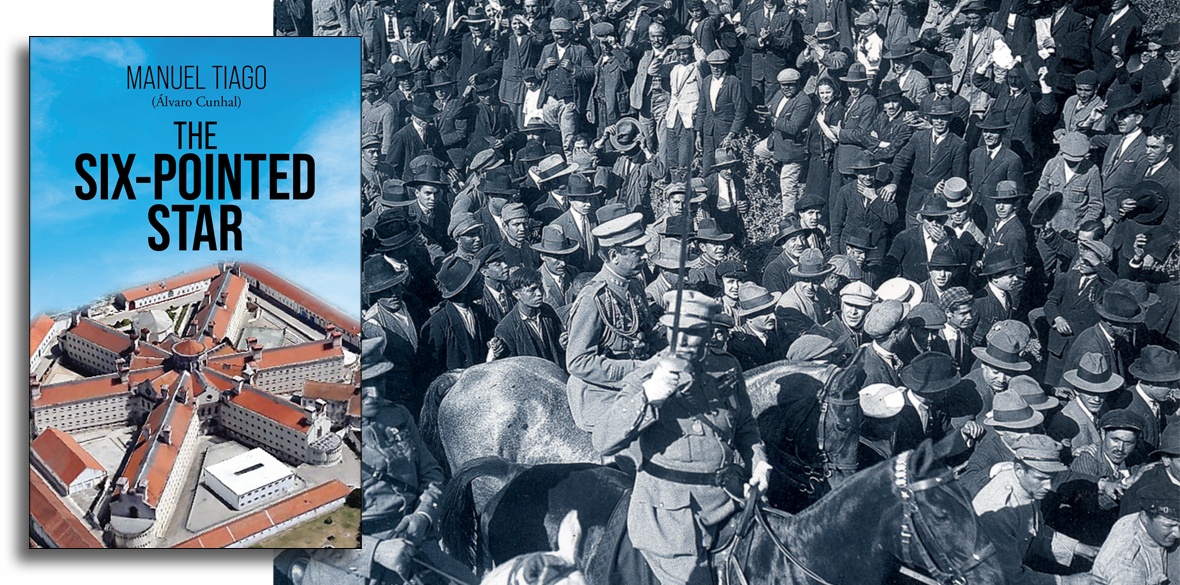This is the last article you can read this month
You can read more article this month
You can read more articles this month
Sorry your limit is up for this month
Reset on:
Please help support the Morning Star by subscribing here
The Six-pointed Star
by Manuel Tiago
(International Publishers, £20.54)
THE SIX-POINTED STAR is the nickname given to Lisbon’s fortress-like prison with a surveillance centre and cells radiating out from it.
During the Salazar dictatorship, which ran parallel to Franco’s rule in Spain, the fortress housed prisoners guilty of “crimes” large and small.
Among them was political activist Alvaro Cunhal, general secretary of the Portuguese Communist Party from 1961 to 1992. He wrote fiction under the name of Manuel Tiago and his book advances the case for in-depth reform of the penal system in what is a fictionalised version of his own prison experience.
The arbitrary nature of this system became ever more evident as the dictatorship reached its apogee in the 1950s and the author is struck, in getting to know the inmates, by the fact that the prison is filled with “killers who are neither worse nor better than one[s] who have never killed and never would ... many who committed crimes could well have spent their whole lives without doing them.”
There is a striking contrast in the motives and circumstances of those locked up. Silvino, convicted of robberies and break-ins and fascinated by his explorations of the animal kingdom, is recognised as “a good man” by guards and prisoners.
Augusto retaliated when a big landowner robbed his family, seduced his sister and then threw them off their land. In anger at this injustice, he shoots the landowner, a crime for which the prisoners forgive him. Garino stole food, distributed it to his fellow villagers and for this was locked up for 12 years.
These crimes, the product of a ruthlessly unequal society, are differentiated from the doctor who drugged his patients and then raped them. He treats the other prisoners disdainfully, as if he should not be among them. Instead of showing actual remorse, he makes a spectacle of prayer — designed to get him an early release — in front of guards and prison officials.
And there is woman-trafficker Argentino who, in a fit, killed his partner with “the crime revealing the kind of man he was in the end.”
Prison labour is revealed to be a scam, with inmates earning a pittance for the most taxing work while having to use two-thirds of their wages to pay for the upkeep of their cells, food, clothes and laundry.
The novel’s heartbreaking vignettes are aided by Eric A Gordon’s translation, which respects the time frame but updates the language where this is crucial to an understanding by a contemporary reader.










